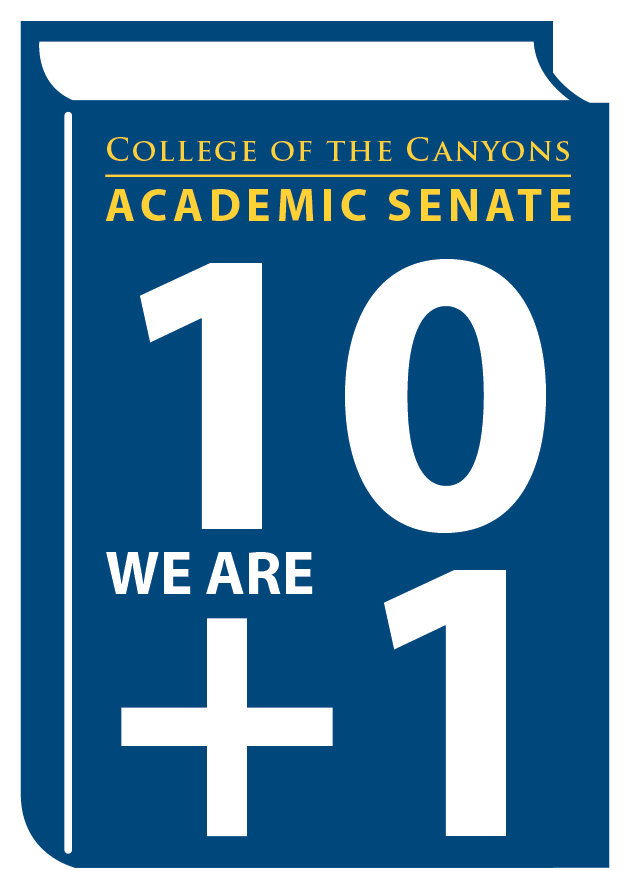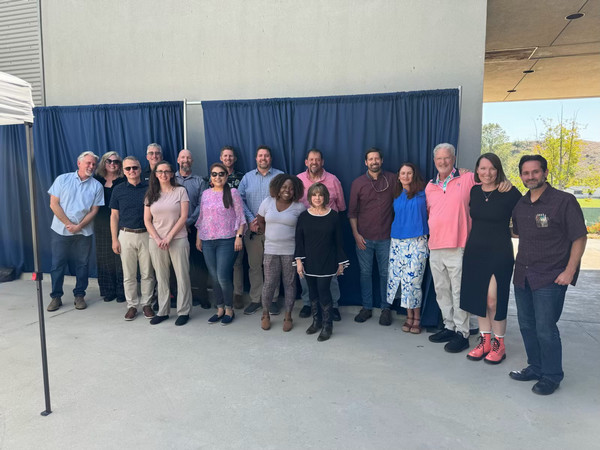Academic Senate


What is the Academic Senate?
The Academic Senate serves as the official voice of the faculty in academic and professional matters. The Academic Senate is a faculty organization whose primary function is to make recommendations to the Board of Trustees on 10+1 academic and professional matters.
Join the Senate
Are you interested in becoming an Academic Senate Senator? Not sure where to start? What are the roles and responsibilities of an Academic Senate Senator?
Recent Actions
The Academic Senate may adopt resolutions. Resolutions may be used to recommend policy
or action to the Board of Trustees, the Chief Executive Officer (CEO), the Academic Senate
for California Community Colleges, or other groups.
Agenda Item Request
Is there an item you would like to have discussion in Academic Senate? Fill out the request form at the below link.

 My Canyons
My Canyons  Canvas
Canvas 


